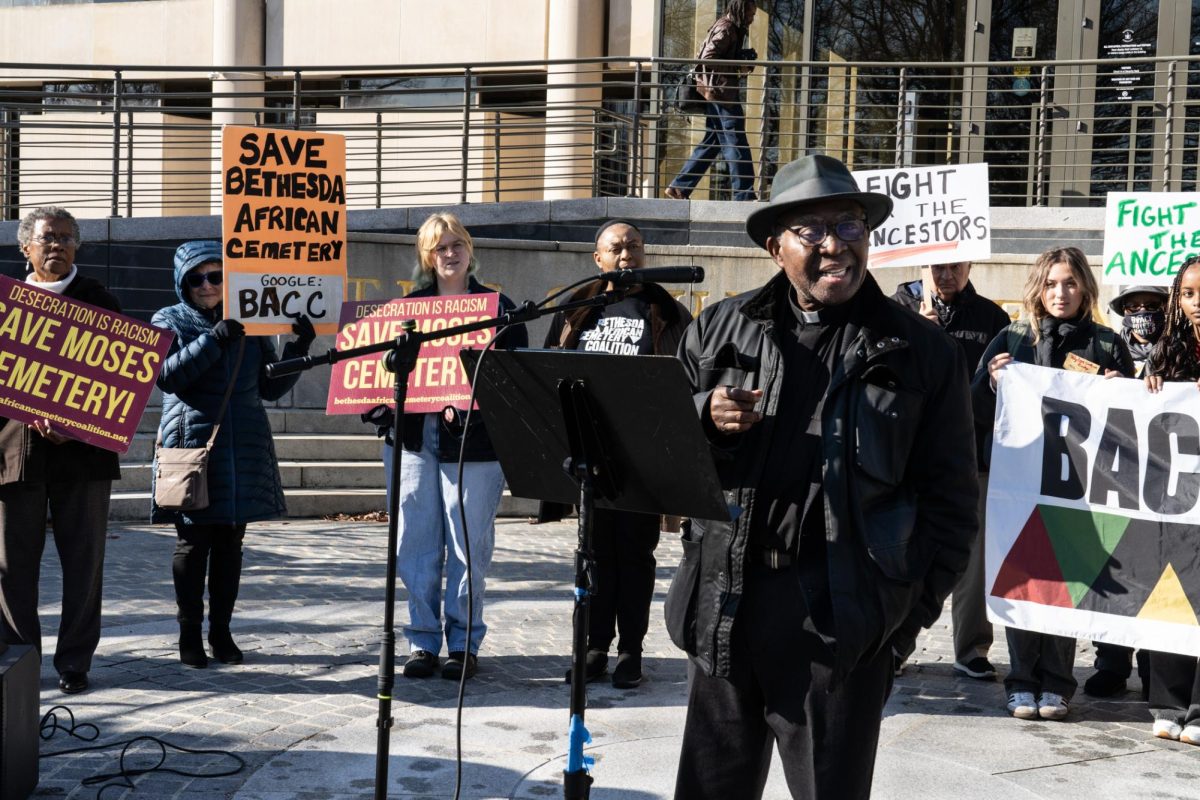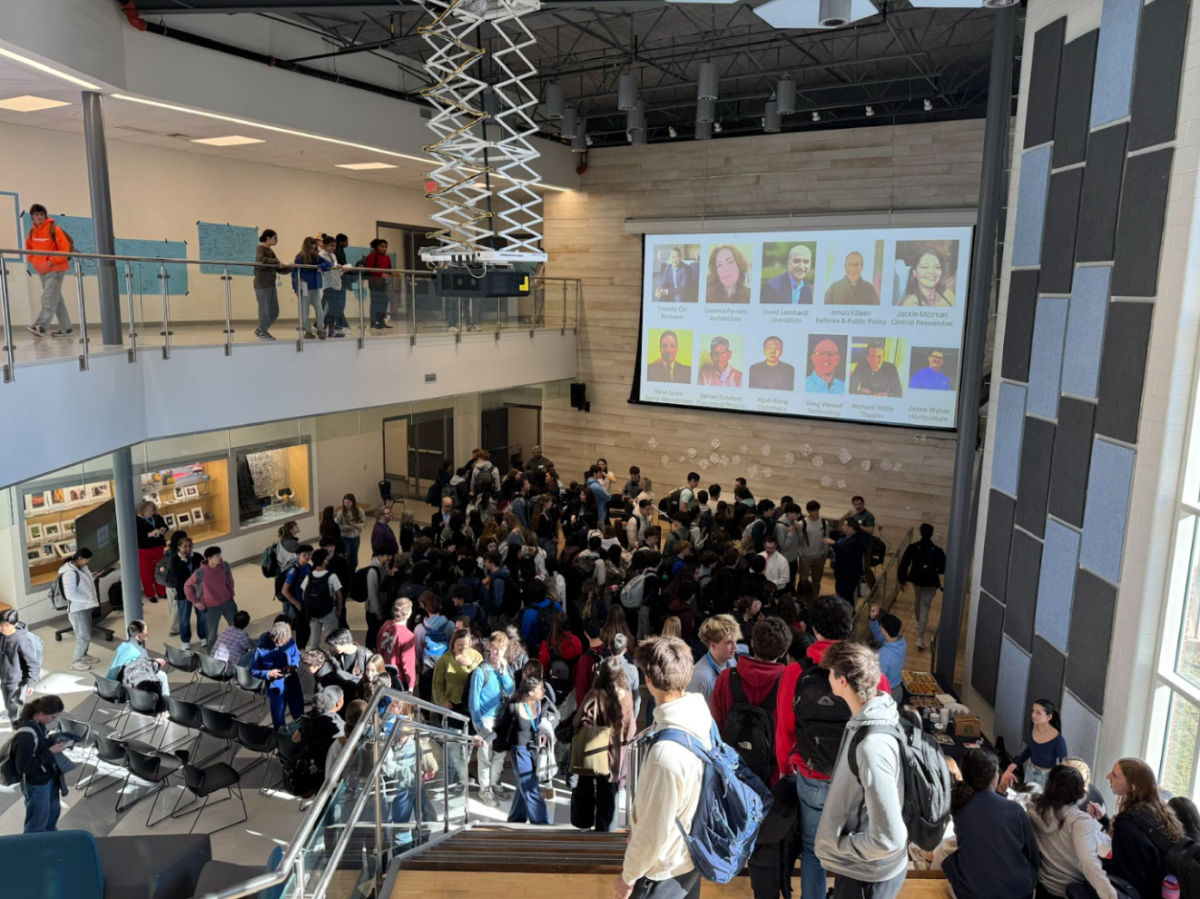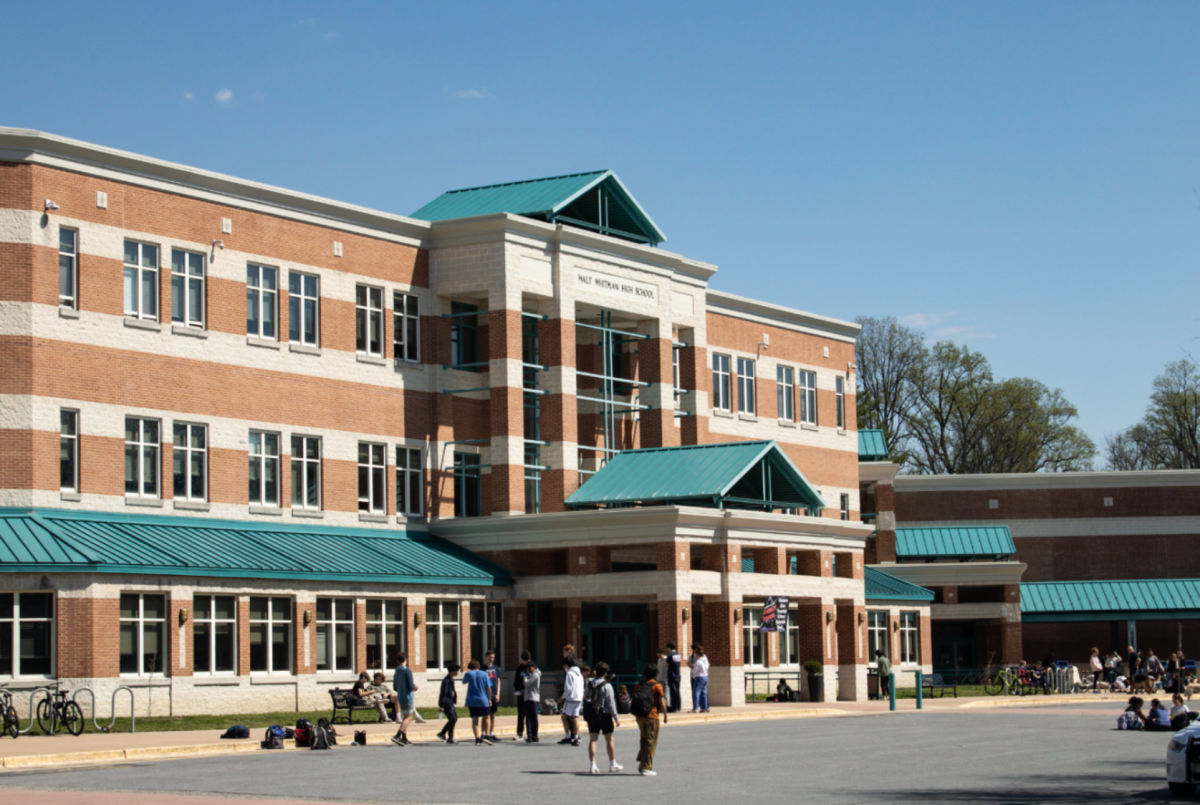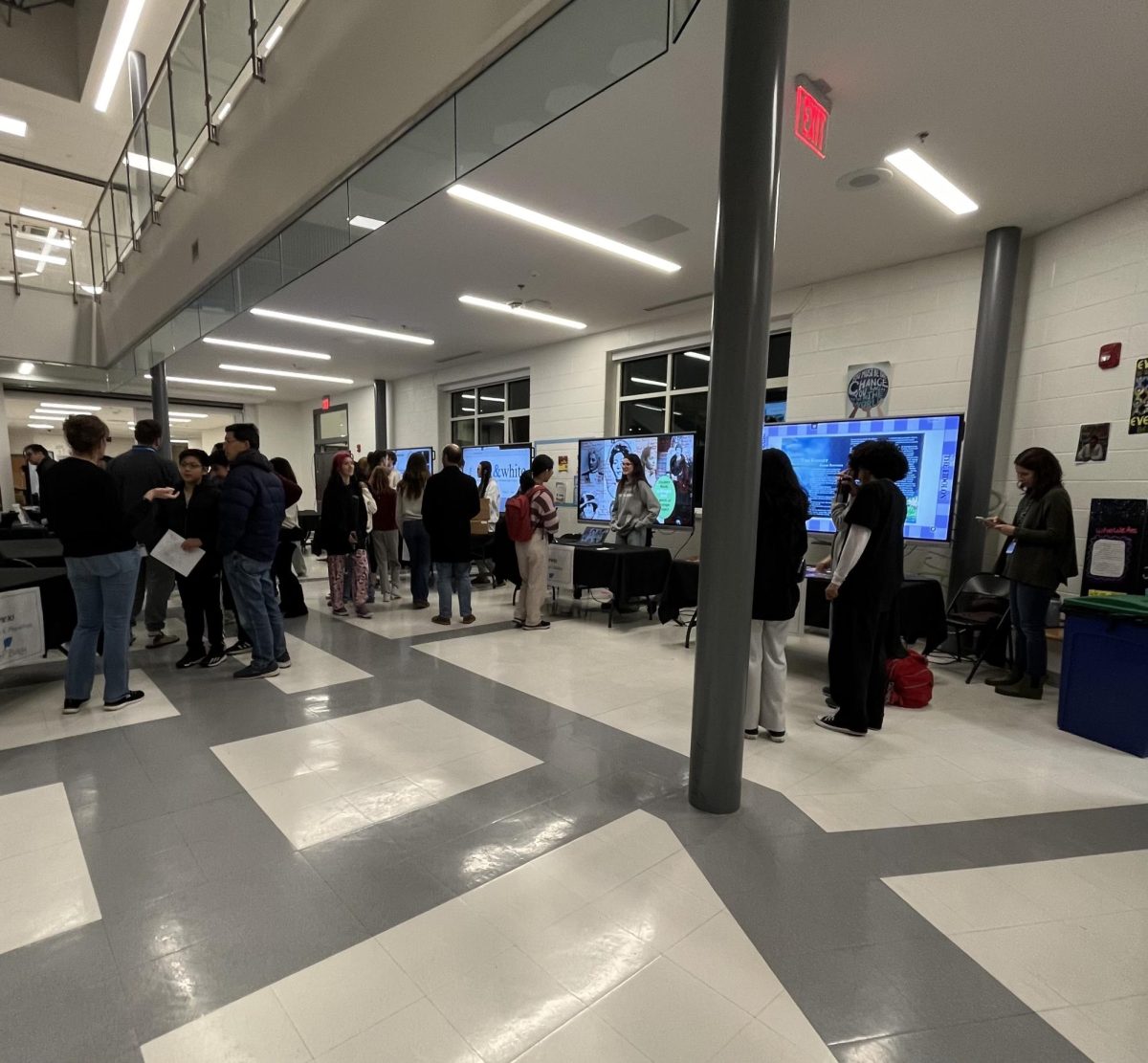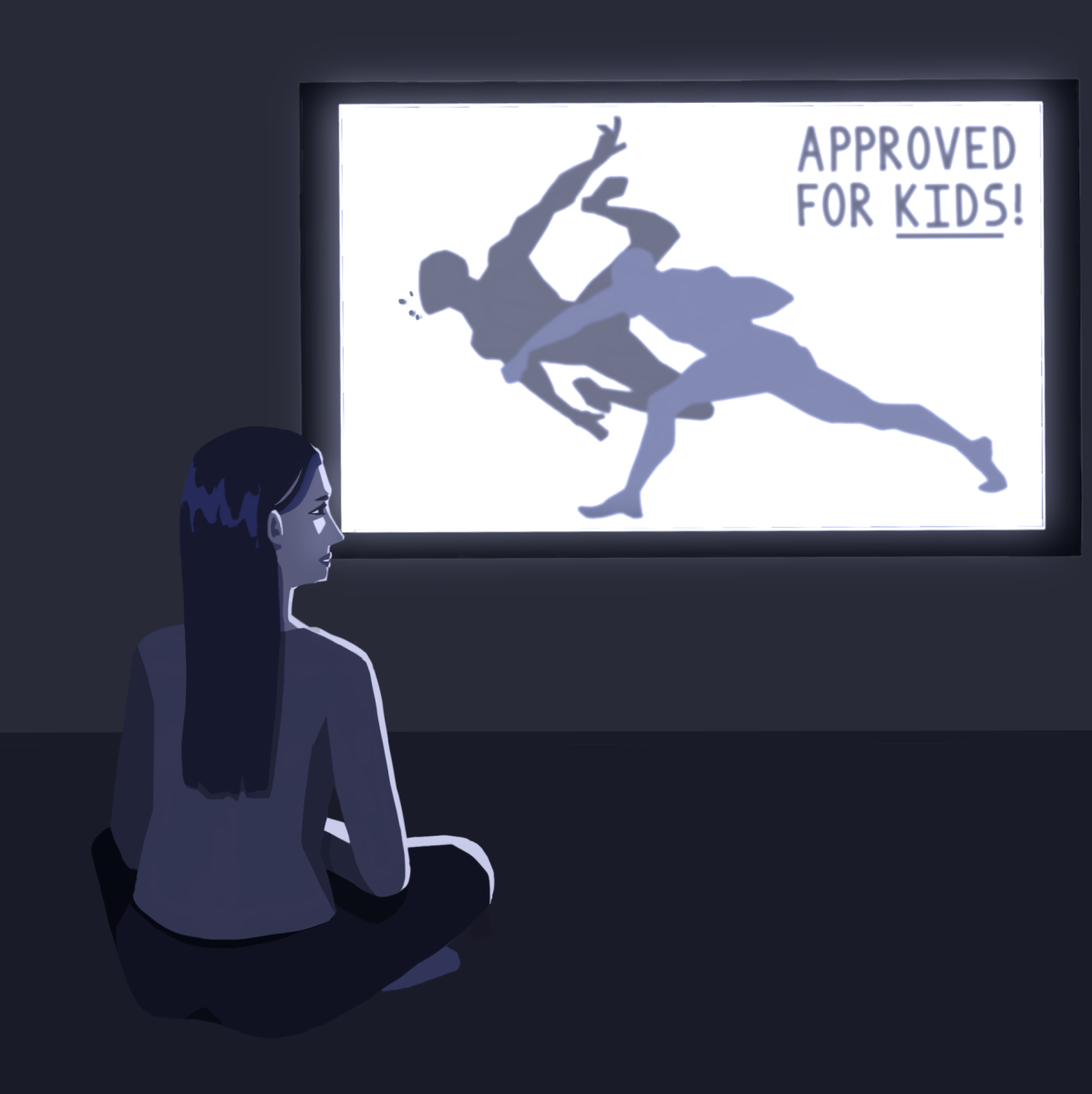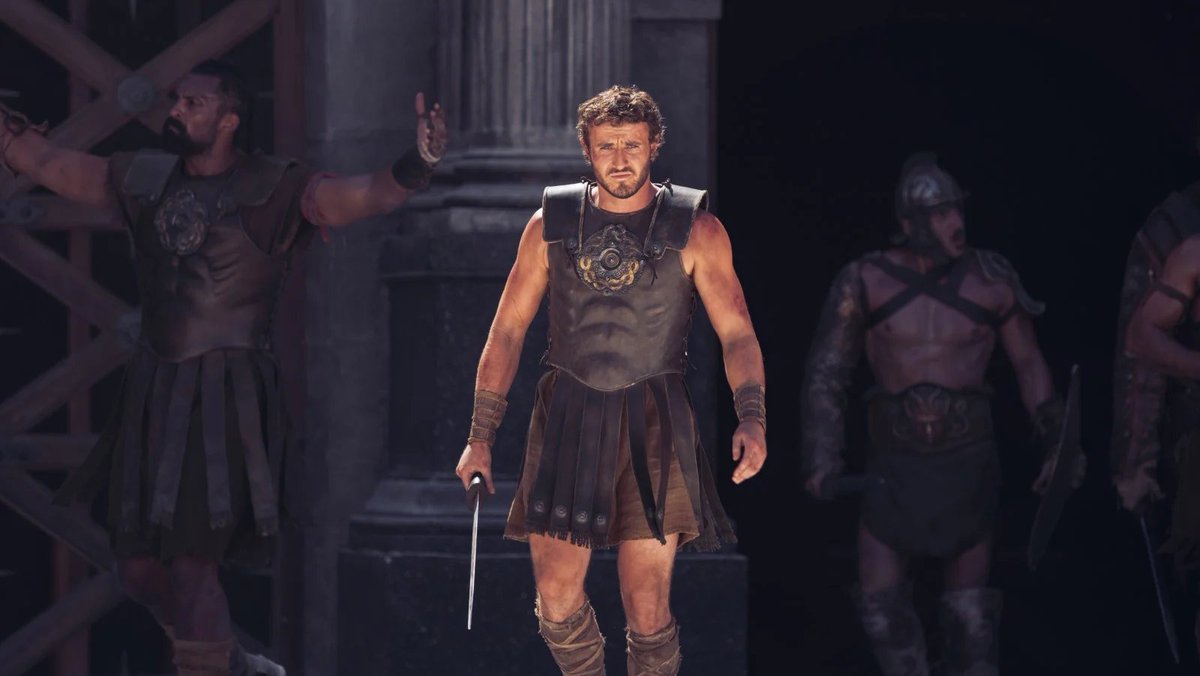On Jan. 8, the Maryland Supreme Court heard arguments from the Bethesda African Cemetery Coalition (BACC) and Montgomery County’s House Opportunities Commission (HOC) regarding their lawsuit. The lawsuit concerns a dispute between the BACC and HOC, as land the HOC wants to sell to developers is physically above the historic Moses Macedonia African Cemetery.
The HOC owns the Westwood Tower Apartment complex and wants to sell its parking lot, part of “Parcel 175” of the Moses Macedonia Cemetery, to developers. Other parcels of cemetery land in Bethesda have also been repurposed over the years, with developers actively digging up “Parcel 242” while Montgomery County residents use “Parcel 177” as a dump site. Some of these parcels predate the Civil War when plantation owners would use these sites as mass graves for slaves. The Black descendant community has buried an estimated 500 bodies in Moses Macedonia Cemetery underneath the parcels, according to the Washington Post.
The BACC was formed in 2017 to seek atonement for past injustice to the Black descendant community and to sanctify the Moses Macedonia Cemetery. Their lawsuit argues that the HOC needs court permission to sell the Westwood Tower Apartments parking lot since it consists of burial grounds. The Maryland Supreme Court decides whether court approval is a courtesy or if selling land containing a burial site necessitates legal approval.
During the arguments on Jan. 8, the BACC held a press conference and rally outside Maryland’s Supreme Court in Annapolis.
The event garnered support from over 100 protestors, including members of the BACC and the general public. BACC President Dr. Marsha Coleman-Adebayo also spoke at the rally.
“We’ve come to the Maryland Supreme Court to emphatically state that Black bodies are not for sale,” Coleman-Adebayo said.
The case has sparked debate over the rights to development of historic landmarks and the importance of preserving land significant to specific communities, particularly minority communities.
In response to the rally, HOC President and Executive Director Chelsea Andrews released an email statement on Jan. 8.
“HOC acknowledges the significance of the African-American history affiliated with this site and has no plans to disturb the land nor infringe upon the rights of its descendants,” Andrews said. “HOC will continue to respect and honor this legacy in the community.”
Descendants of previously enslaved people built Moses Macedonia African Cemetery in 1911, which holds the remains of Black people freed from enslavement and their descendants, as well as Black community leaders. From the late 19th to the early 20th century, the cemetery was owned by White’s Tabernacle #39 of the Ancient United Order of the Sons and Daughters, Brothers and Sisters of Moses, an African-American fraternal society. The cemetery was used by both members of the fraternal society and members of Macedonia Baptist Church, a church still active today and affiliated with BACC.
The HOC attempted to sell the land to investment firm Charger Ventures in the summer of 2021. However, the BACC sued the HOC, granting a preliminary injunction in Maryland’s Circuit Court, stopping the sale and causing Charger Ventures to back out of the deal. Maryland Circuit Court Judge Karla Smith later granted a permanent injunction, ensuring the land couldn’t be sold until the lawsuit was resolved.
In June 2023, the Appellate Court of Maryland overturned the injunction, ruling that the HOC did not need court permission to sell the land to developers under the condition that there were no disputes over the land’s rightful ownership.
BACC Lead Organizer Ari Gutman believes that the cemetery’s desecration has deeply impacted Bethesda’s Black descendant community.
“That’s unique for this community, a very white community, that has historically committed crimes against Black people without significant pushback,” Gutman said. “River Road used to be a Black community and there’s criminal history there. This was not a peaceful transfer of land by any means.”
In the past, local politicians and government officials have taken advantage of the lawsuit to encourage support for their candidacies in local elections. Still, as soon as they were elected, they stopped campaigning and advocating for the cause, Gutman said.
One of the main debates between the HOC and BACC is whether or not there are still human remains underneath the parking lot. In a study commissioned by the county in 2017, the Ottery Group — an archaeology consulting firm — determined that the cemetery most likely remained beneath the concrete. The county was advised to conduct preliminary mapping of the site and to refrain from disturbing the site any further. However, the HOC argued that there were no longer human remains buried underneath the parking lot, according to Maryland’s Circuit Court hearing transcript from September 2023.
Sophomore Zuzi Morales lives at the Westwood Apartments and has witnessed several protests related to the issue firsthand.
“I remember that there were a lot of protests going on outside the building, maybe four or five years ago,” Morales said. “I think it’s important to preserve culturally valuable land because you can’t just develop whatever you want over something important to other people.”
Some legislation related to the preservation of historic burial grounds, such as Moses Macedonia African Cemetery, has been signed into law. In December 2022, Congress enacted the African-African American Burial Grounds Preservation Act. The Act is a $3,000,000 annual grant program that enables the National Park Service to support nationwide preservation efforts to research, identify, document, preserve and interpret historic African American burial grounds and other African American historical sites.
The Maryland Supreme Court is expected to release an opinion within the following months, and their decision could set a precedent for future disputes over historic burial grounds.
“Nothing will happen until people in this community choose to care as an act of choice, because it’s not enough to care and not do anything,” Gutman said. “The government doesn’t care that you care, they care that you’re making noise about it, they care that you’re showing up to meetings and protesting and they care that you don’t vote for them because of it.”



